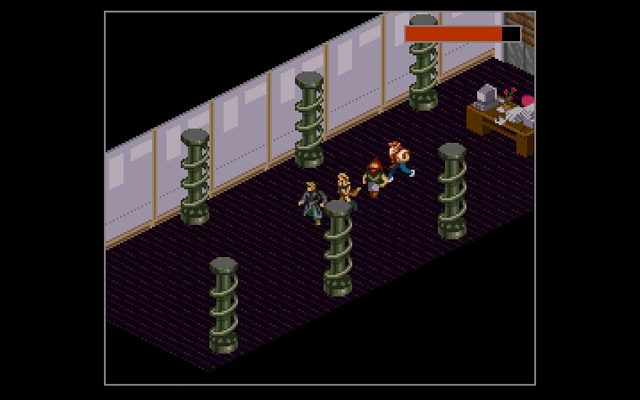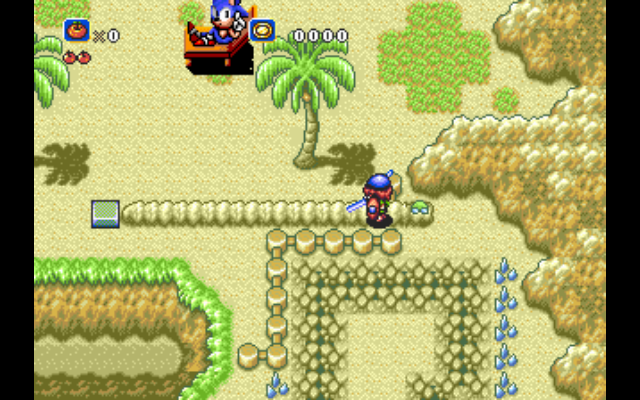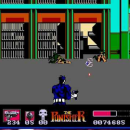Ace Attorney: The Courtroom Drama That Revolutionized Visual Novels

Released by Capcom in 2001 for the Game Boy Advance in Japan and later for the Nintendo DS worldwide, Ace Attorney quickly became a landmark title in the visual novel genre. Combining gripping courtroom drama with intricate puzzle-solving, the game introduced players to a unique blend of narrative-driven gameplay and legal proceedings. The series, created by Shu Takumi, has since spawned numerous sequels, spin-offs, and adaptations, cementing its place in gaming history.
The Story of Ace Attorney
Ace Attorney follows the career of Phoenix Wright, a rookie defense attorney who is thrust into a series of high-stakes murder trials. Players take on the role of Phoenix as he defends his clients, uncovers the truth behind each case, and faces off against formidable prosecutors. The game’s episodic structure allows players to engage in a variety of cases, each with its own twists, turns, and unique characters.
The narrative is rich with drama, humor, and emotional moments, making players feel deeply invested in the outcomes of each trial. The game’s writing is sharp and witty, with memorable dialogue and character interactions that bring the courtroom to life.
Engaging Gameplay and Mechanics
Ace Attorney is renowned for its engaging gameplay, which combines elements of visual novels, adventure games, and puzzle-solving. The game is divided into two main segments: investigation and courtroom trials. During the investigation phase, players gather evidence, interview witnesses, and explore crime scenes to build their case. This phase requires keen observation and logical thinking to uncover crucial clues.
The courtroom trials are the heart of the game, where players present their findings, cross-examine witnesses, and object to falsehoods. The game’s mechanics allow players to present evidence, press witnesses for more information, and use their wits to expose contradictions in testimonies. The iconic “Objection!” moment, where players catch a witness in a lie, is one of the game’s most satisfying features.
The balance between investigation and courtroom drama keeps the gameplay dynamic and engaging, challenging players to think like a real lawyer. The game also introduces a health bar system, representing the judge’s patience, which depletes if players make too many incorrect choices, adding an extra layer of tension to the courtroom battles.
Memorable Characters and Environments
One of Ace Attorney’s greatest strengths is its cast of memorable characters. Phoenix Wright, with his spiky hair and trademark blue suit, is an instantly recognizable protagonist. His mentor Mia Fey, rival prosecutor Miles Edgeworth, and a host of quirky witnesses and clients all contribute to the game’s rich tapestry of personalities. Each character is vividly portrayed with distinct visual designs and unique quirks that make them unforgettable.
The game’s environments are equally well-crafted, from the bustling courtrooms to the detailed crime scenes. The visual design is clean and vibrant, with expressive character animations that enhance the storytelling. The music and sound effects further immerse players in the game’s world, with catchy tunes and dramatic sound cues that heighten the tension and excitement of each trial.
Cultural Impact and Legacy
Ace Attorney had a significant impact on the gaming industry, popularizing the visual novel genre and introducing a new style of interactive storytelling. Its success led to multiple sequels and spin-offs, including titles like “Apollo Justice: Ace Attorney” and “Professor Layton vs. Phoenix Wright: Ace Attorney.” The series has also been adapted into an anime, stage plays, and even a live-action film, showcasing its broad appeal and cultural significance.
The game’s influence can be seen in many modern adventure and puzzle games that incorporate narrative-driven gameplay and courtroom mechanics. Ace Attorney’s blend of storytelling, character development, and engaging gameplay has inspired countless developers and continues to be celebrated by fans and critics alike.
The Art of Legal Drama
Ace Attorney masterfully combines legal drama with interactive gameplay, creating a unique and compelling experience. The game’s narrative is meticulously crafted, with each case presenting a complex web of evidence, motives, and testimonies. Players must think critically and act decisively to navigate the courtroom’s challenges, making each victory feel hard-earned and rewarding.
The series’ ability to balance humor and drama, along with its intricate plotlines and character arcs, sets it apart from other games. Ace Attorney not only entertains but also engages players’ minds, encouraging them to solve mysteries and seek justice in a virtual courtroom.
Conclusion
Ace Attorney is more than just a visual novel; it’s a groundbreaking series that has redefined interactive storytelling and legal drama in video games. Its engaging gameplay, memorable characters, and innovative design have earned it a place as a beloved classic among gamers. Whether you’re revisiting this iconic title or experiencing it for the first time, Ace Attorney offers a thrilling and intellectually stimulating journey through the world of courtroom battles. So, put on your attorney’s badge, gather your evidence, and dive into the captivating world of Ace Attorney—a game that never gets old.









